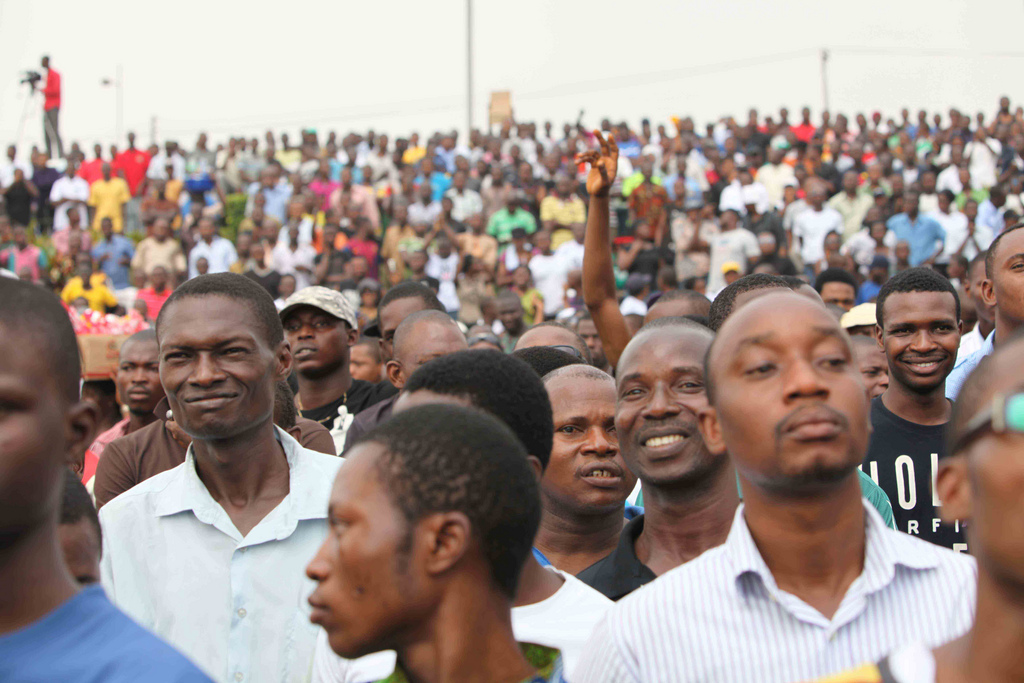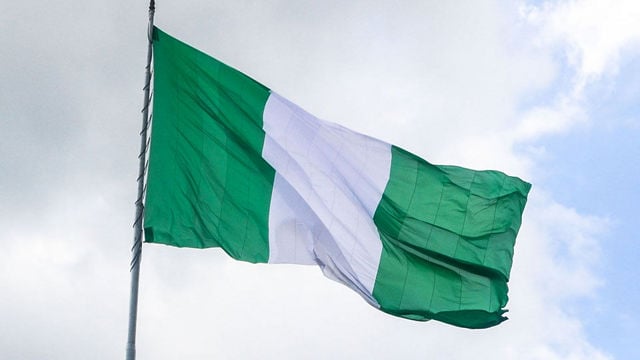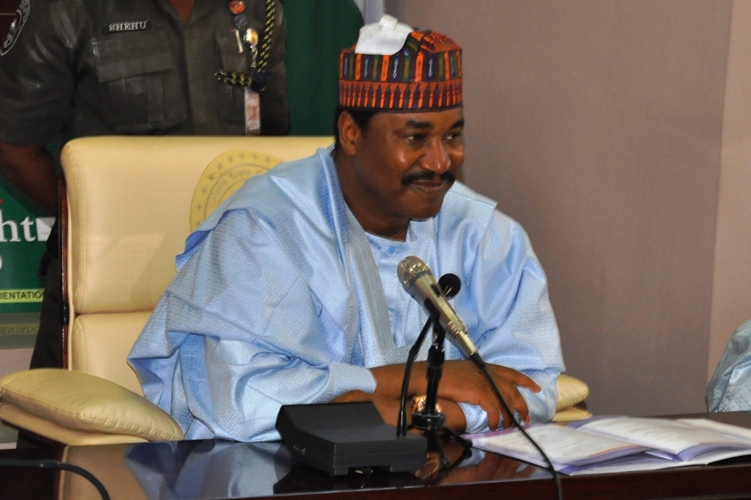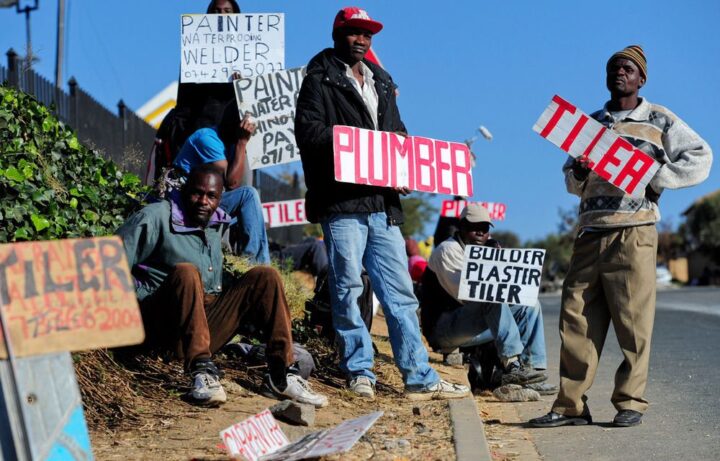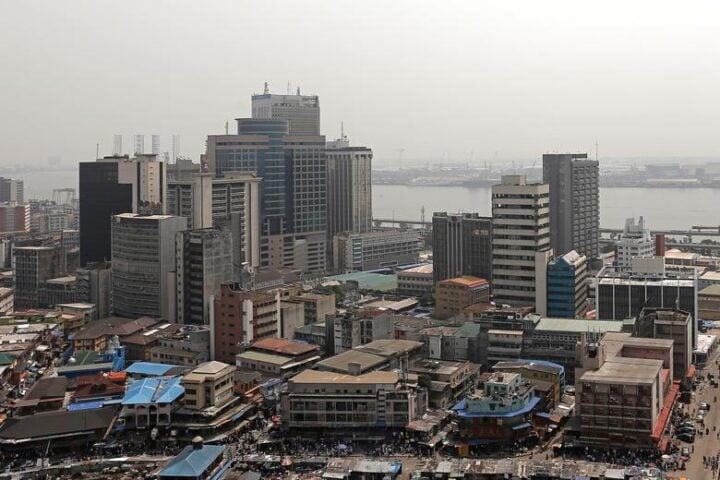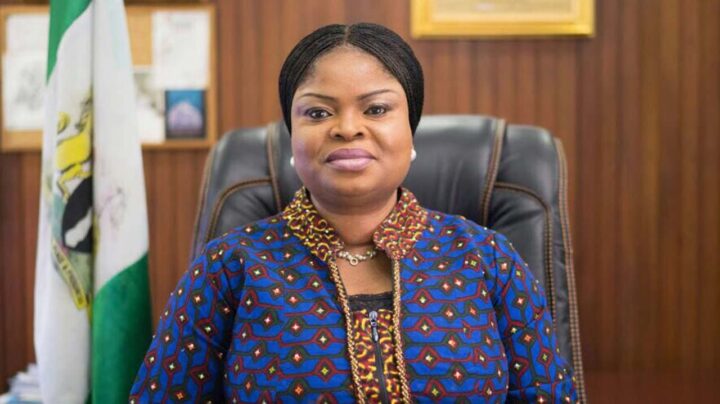BY VICTOR TERHEMBA
In recent times, the unity of Nigeria has been a national issue that has attracted the reactions and opinions of both genuine and mischievous commentators who have become sudden masters on peace and stability. Most times, these commentaries are purged from a biased and emotional position, not backed by facts nor data. No matter what we think about the viewpoints of people on this matter, what is not in dispute is that, for sure, our country’s fragile unity is being tested.
Two groups have been promoting secessionist agendas while the federal government and some well-meaning citizens have been insisting that Nigeria’s unity is final and indissoluble. The groups promoting secession come from different ethnic groups of the country but have similar reasons and grievances. You can sum up their grievances to mean injustice. Injustice is always at the foundation of any instability and insecurity. Injustice, whether real or perceived, has been the root cause of any secessionist agitation in Nigeria. Whether it is the “Araba”-chanting northern soldiers demanding to leave the Nigerian union in 1966 or the easterners who wanted their own country Biafra in 1967 or MASSOB and IPOB re-echoing the need for Biafra many years later or the Yoruba Nation agitators led by Chief Sunday Adeyemo, also known as Sunday Igboho.
The African Polling Institute, API, recently made public its report on The Nigeria Social Cohesion Survey 2021. The last time they released a report like this was in 2019. The survey generally tried to, as much as possible, gauge the level of social cohesion in Nigeria. Social cohesion is defined as the extent of connectedness and solidarity among groups in a society, like Nigeria. It measures the people’s sense of belonging to a society and the relationship among members of the society itself.
Advertisement
Economic growth, social justice, pluralism, shared values are some of the indices that are used to measure social cohesion. In this case, API used 10 key factors such as identity, trust, social justice, participation & patriotism, natural resources governance, gender equity, impunity, corruption, self-worth and future expectation. Before I move on, I am sure you already know that anywhere there is a deficit in these factors, the social cohesion in that society will definitely be at a low ebb.
API’s Nation Social Cohesion Index (NSCI) for Nigeria is 44.2%, below the acceptable average of 50%. But this figure doesn’t paint the true picture of the whole situation until you dig in deeper to see how scary Nigerians have become disillusioned with the country. Take for instance, from the report, 56% of Nigerians said that they feel quite disappointed in Nigeria and 73% of Nigerians are willing to seize any opportunity to emigrate out of Nigeria with the USA, UK, Canada, Dubai and Saudi Arabia as top preferred destinations. Is it not alarming that 73% of Nigerians are willing to leave Nigeria? Why should 73% of Nigerians want to leave their country to those countries mentioned above? The answer to these questions is simple; it is because all the indices that enable social cohesion are absent, largely or partially. And as living things, humans are looking for better opportunities, even if it means emigrating from where is supposed to be your home.
“82% of Nigerians feel comfortable with the dual identity of being both Nigerian and from their ethnic group, while about 33% identify more with their ethnic group than being Nigerian; compared to only 9% feel more Nigerian than ethnic.” As the situation continues to deteriorate, more Nigerians feel less Nigerian and disillusioned with the country as seen in the percentage of people willing to emigrate from Nigeria given the slightest opportunity. And this is because 56% of Nigerians feel extremely dissatisfied about their lives as Nigerians right now, as against 31% said they feel “extremely or somewhat satisfied”.
Advertisement
Social justice, which tops the list of ingredients for a socially cohesive nation, suffered poor ratings among Nigerians as 71% of Nigerians do not believe that the law equally applies to everyone and 68% believe that “only the rich and powerful have access to justice” in Nigeria. 81% of Nigerians believe that access to justice is never free from corruption, compared to only 19% who believe that access to justice is most often free from corruption. This is very hard, if not impossible, to argue with. Think of the injustice people of lower social influence and affluence have suffered and currently suffering. Think of how many palms you will have to grease or other gratification rituals you have to fulfill if you go to a government institution in search of justice. Think of the ordinary Nigerians who have been victims of police brutality and excessive abuse by security agencies. Think of the many lowly placed Nigerians who have spent many years and still are in prisons across Nigeria without a trial.
On impunity, human rights violations continue to be rife, at the same scale with the military rule and 83% of Nigerians agree with me that this is a problem in Nigeria. The military and the police (63%) are some of the worst perpetrators of human rights abuses in Nigeria and it is no wonder why 56% of Nigerians will rather report human rights violations to their religious and traditional leaders as opposed to the police because 58% believe that perpetrators of human rights abuses are likely to go unpunished and not convicted even when reported. Nigerians seem to trust religious and traditional leaders (55% and 44% respectively) more than the president (26%) and the national assembly (22%). The scale of justice continues to tilt against Nigerians as impunity (83%) continues to increase amongst government officials.
With the problems enumerated above, what do we as a people and the government need to do to improve the country’s cohesiveness? And why is it important? Social cohesion is paramount because it consolidates the plurality of citizenship by reducing inequality and socioeconomic disparities and fractures in society. It reflects people’s needs for both personal development and a sense of belonging and links together individual freedom and social justice, economic efficiency and the fair sharing of resources, and pluralism and common rules for resolving all conflicts. Therefore, the government must begin to take urgent steps that improve people’s access to justice and economic prosperity. These two factors are inevitable in building a socially cohesive and united country.
The API report on NSCI recommended that the federal government set up a Social Cohesion Commission and agents such as the ministry of information, National Orientation Agency, and the Federal Radio Corporation of Nigeria should be tools for “shaping and amplifying narratives that promote social cohesion and inclusion”. I do not wholeheartedly agree with both recommendations because what is mostly needed is for the government to be seen to genuinely take steps that improve the nation’s cohesiveness rather than give lip service and set up an ineffective commission which will bear more financial cost to Nigeria.
Advertisement
The report also made other useful recommendations that I completely agree with and if there is a government out there who listens, they will begin to implement these recommendations and hope that they don’t attack and question the integrity of the report as it has been seen several times in the past.
Victor Terhemba, a social commentator and civil society advocate, writes from Abuja.
Views expressed by contributors are strictly personal and not of TheCable.
